Paul Arco Media Relations Coordinato | OSF HealthCare, Featured Stories, IL
Paul Arco Media Relations Coordinato | OSF HealthCare, Featured Stories, IL
Hearing loss is a common condition affecting about one in eight people in the United States. While often associated with aging, it can impact individuals at any stage of life.
Madison Sudaj, AuD, an audiologist with OSF HealthCare, stated, "Hearing loss can affect people of any age, from newborns to older adults. Studies have found that two thirds of adults, 71 and older, suffer from some level of hearing loss." She also noted that men are twice as likely to experience hearing loss compared to women. This difference is largely attributed to occupational exposure in fields such as construction, music, and lawn maintenance.
Untreated hearing loss can lead to more than just communication difficulties. Research has linked it to other health issues including depression, social isolation, increased risk of falls, and hospitalization. There is also extensive research connecting hearing loss with conditions like diabetes and heart disease.
Depression is particularly prevalent among those struggling with hearing impairment. Dr. Sudaj explained that social withdrawal is common: "Depression and social isolation are an increased problem for people with hearing loss, because they can find it more difficult to follow a conversation in a group setting. They may hear one thing that was totally different than what was said, and then eventually start to disengage from conversations."
When these challenges arise, hearing aids may be considered. According to Dr. Sudaj: "Everybody that has hearing loss can benefit from hearing aids. There's a study that shows that if you're missing any speech sounds, you benefit from hearing aids to hear sounds more clearly." Hearing aids today offer advanced features such as discreet designs and rechargeable batteries while improving clarity between speech and background noise.
However, there remains some reluctance among older adults due to stigma around using assistive devices for hearing. "There is a stigma to hearing aids," said Dr. Sudaj. "I think it comes from previously older generations who would wait until their hearing was really bad to start wearing hearing aids. Now younger generations find themselves more proactive in their health care and look into things sooner and start treatment sooner."
Preventing hearing loss involves protecting ears from loud noises by using ear plugs or over-ear headphones during activities like mowing the lawn or attending events with high noise levels such as fireworks displays or shooting firearms. Exposure to sounds above 85 decibels for prolonged periods can contribute to permanent damage.
Dr. Sudaj emphasized the importance of early action: "You're never too young to start thinking about your hearing health," she said. "Get your hearing tested at a young age, get a baseline and be very mindful about hearing protection and noisy environments."
For additional information on audiology services offered by OSF HealthCare visit OSF HealthCare.
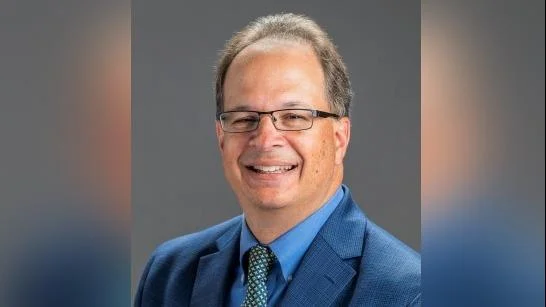
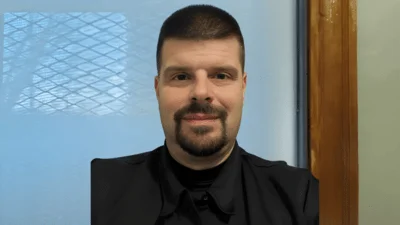
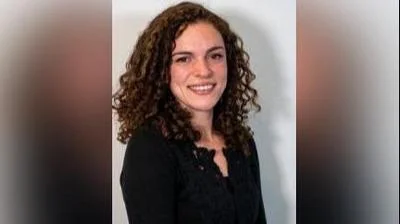
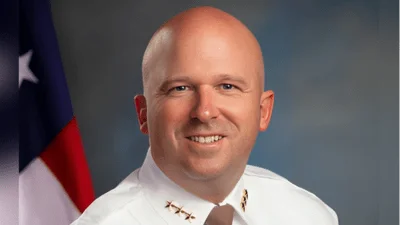
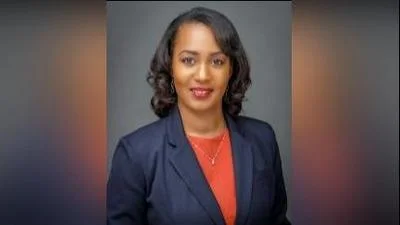
 Alerts Sign-up
Alerts Sign-up